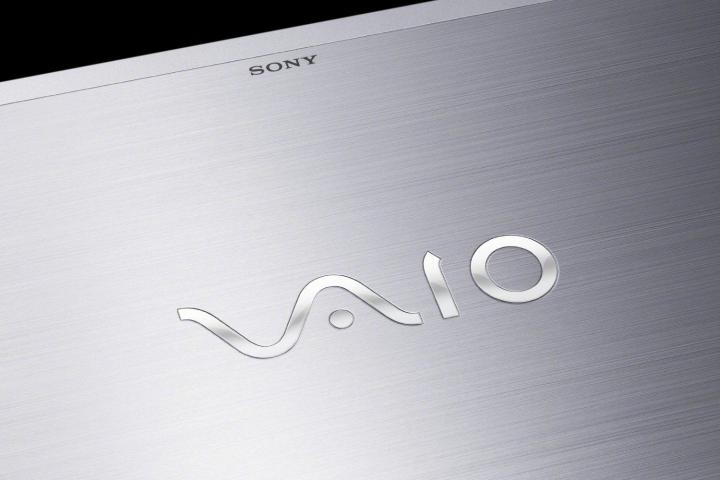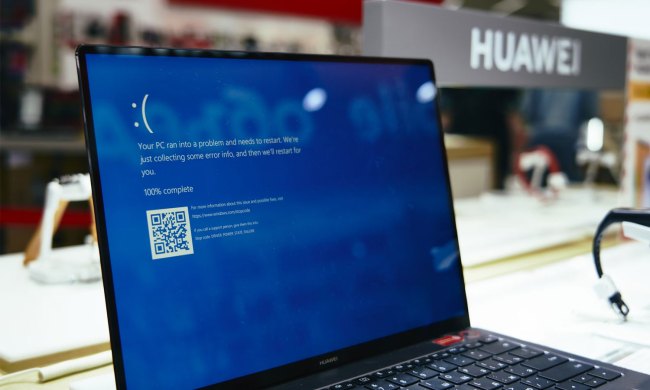
In the words of legendary Queen frontman Freddie Mercury, “Another one bites the dust!” Sony is exiting the PC business.
According to a PC Mag report, Sony has decided to sell its VAIO division to Japan Industrial Partners, which will bring aboard between 250 and 300 of Sony employees from the PC side of its operations. Sony opted to make the move as part of a larger overall shift towards a focus on gaming, mobile, and other non-PC product types. By the end of Sony’s 2014 fiscal year, the company reportedly plans to lay off some 5,000 employees.
Sony expects to conclude the sale of its PC division by this March. The company will cease to make and sell PCs once their spring roster hits the market, and it will stop planning and designing PCs once the agreement between Sony and Japan Industrial Partners is finalized.
While we can’t say we’re shocked, perhaps we should’ve seen this coming. After all, a report from market research firm Gartner had Lenovo, Dell, HP, Acer and Asus in the top five for global shipments of PCs during the fourth quarter of 2013. Gartner grouped the rest of the competition into an “Others” category, which suffered a collective decrease in shipments totaling an 11.1 percent drop when compared with the fourth quarter of 2012. We’d be surprised if Sony wasn’t lumped into this group.
Alas, now seems like a good time to be nostalgic. Do you have an affinity for Sony VAIO PCs? Was your first PC a VAIO? Tell us about your VAIO stories, as well as your general reaction to Sony exiting the PC business, in the comments below.


